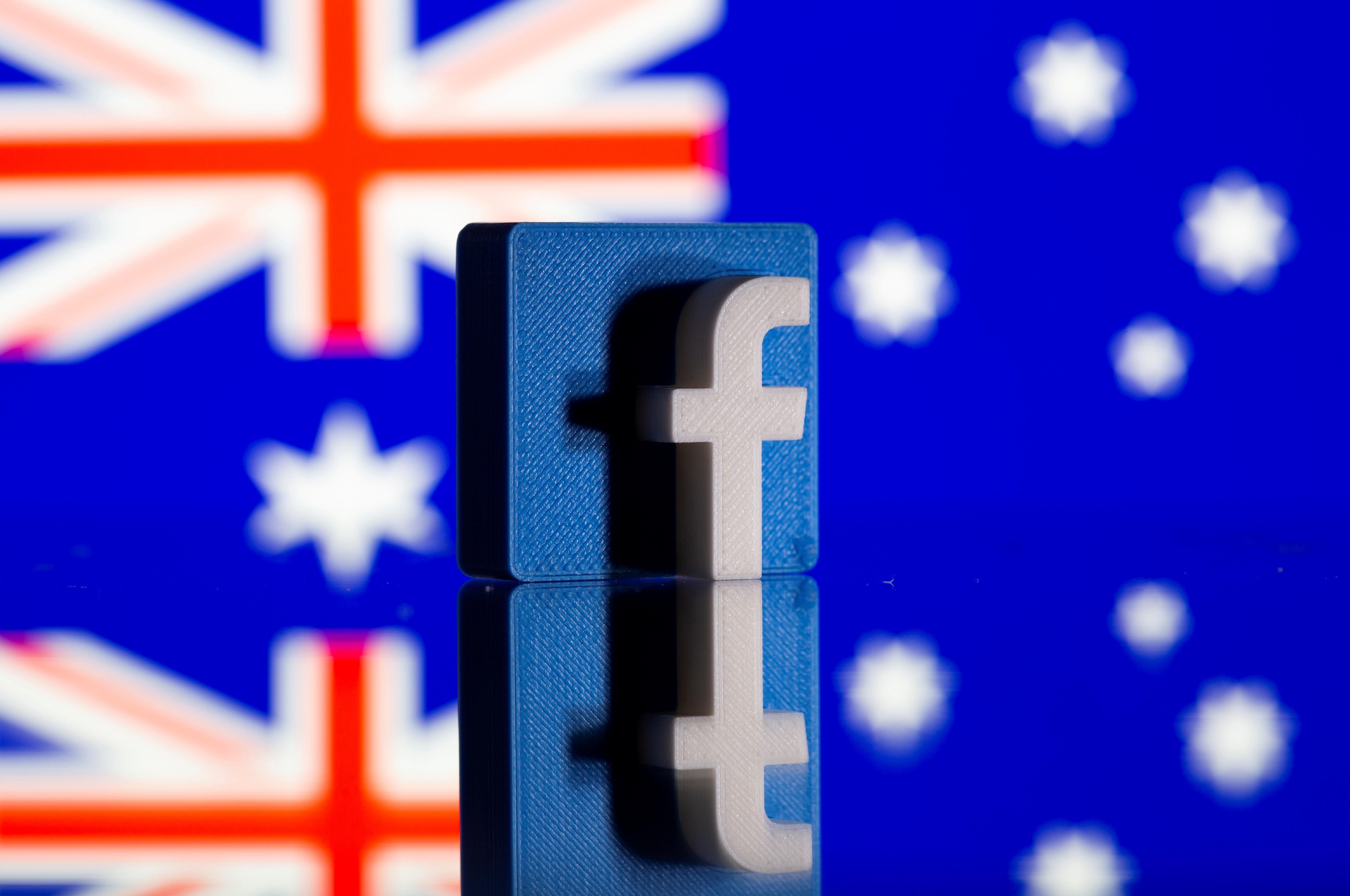What We’re Watching: Facebook refriends Australia, Biden on Afghan fence, Philippine labor for COVID jabs
Facebook "refriends" Australia: Last week, Facebook abruptly blocked news from appearing on Australian users' feeds after Canberra proposed a law requiring Big Tech companies pay news outlets for sharing their content. Facebook came under fire globally for banning news sharing in Australia, including crucial public health announcements on COVID. Now, five days later, Facebook has reversed course to suddenly lift the news ban. "Facebook has re-friended Australia," Australian Treasurer Josh Frydenberg said after speaking with Facebook CEO Mark Zuckerberg. So, what changed? The two sides say they have reached a compromise, though some details remain murky. The Australian government will make several amendments to the Big Tech bill — including one that will allow Facebook to circumvent the new code and avoid hefty fines — if the social media platform shows a "significant contribution" to Australia's local journalism scene. In theory, this would require Facebook to prove it has cut enough deals with Aussie media companies to pay them for content — but what constitutes "enough" remains unclear. Frydenberg said Australia has been a "proxy battle" for the rest of the globe on Big Tech regulation. Indeed, Europe and the US have been fastidiously taking notes.
Afghan peace talks resume: After a month-long break — during which America inaugurated a new president — US-brokered peace talks between the Afghan government and the Taliban are finally scheduled to resume on Tuesday in Doha, Qatar. This comes as the Biden administration is reviewing the tenuous peace deal brokered by the Trump administration and the Taliban last year, which stipulates a May 1 deadline for the withdrawal of all US combat forces in Afghanistan if the Taliban stop launching deadly attacks (spoiler: they have not). Washington has yet to commit to pulling out some 2,500 US troops that remain there, but US Defense Secretary Lloyd Austin suggested this week that more progress is needed before a decision can be reached. The Taliban, for their part, are adamant that the US withdraw without further delays. This puts Biden in a tough spot: he supports the previous Trump administration's move to end American involvement in Afghanistan after two decades of war, but worries that a hasty withdrawal will clear the way for the Taliban to push aside the US-backed government and again take over the country. As the May deadline fast approaches, Joe Biden can't stay on the fence for much longer.
Filipino nurses for European vaccines: In the latest twist to the Philippines' messy vaccine rollout, the government has now offered to send additional nurses to Germany and the UK... in exchange for an unspecified amount of jabs for Filipino overseas workers. Berlin and London have yet to respond to the bizarre proposal, which comes as Manila seeks to ship more of its labor force to shore up their remittances for the ailing domestic economy. Interestingly, the offer was made public a day after Philippine President Rodrigo Duterte shocked the country by blocking planned purchases of the Pfizer and Moderna jabs to make way for his preferred choice of China's Sinopharm vaccine, which (surprise!) is being pushed by Duterte's own special envoy to China, a former TV host who has applied to be a local distributor for Sinopharm. And it gets better: the same envoy also admitted being inoculated months ago with smuggled doses of the Chinese jab, along with members of Duterte's own security detail. We're watching to see which professional group — seafarers, perhaps? — the Philippines will pitch next as part of its new labor-for-vaccine program.